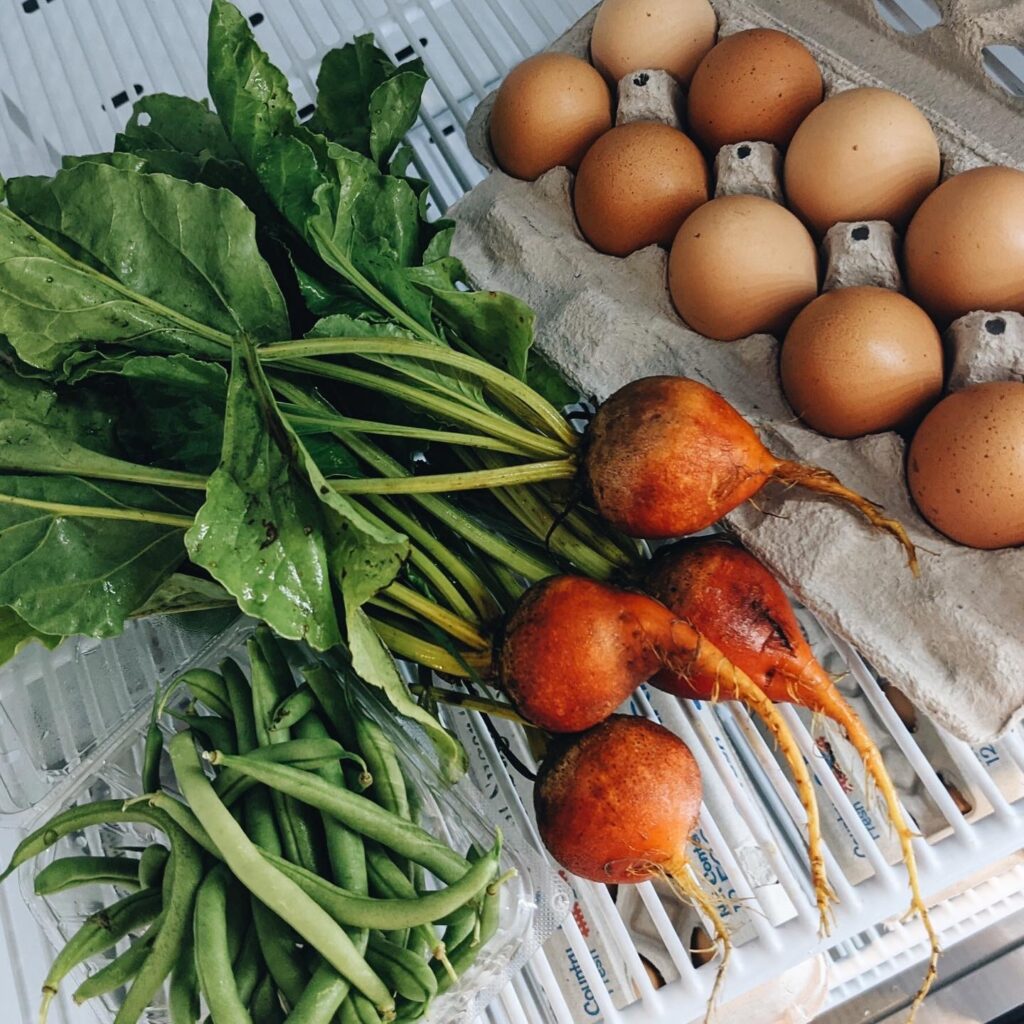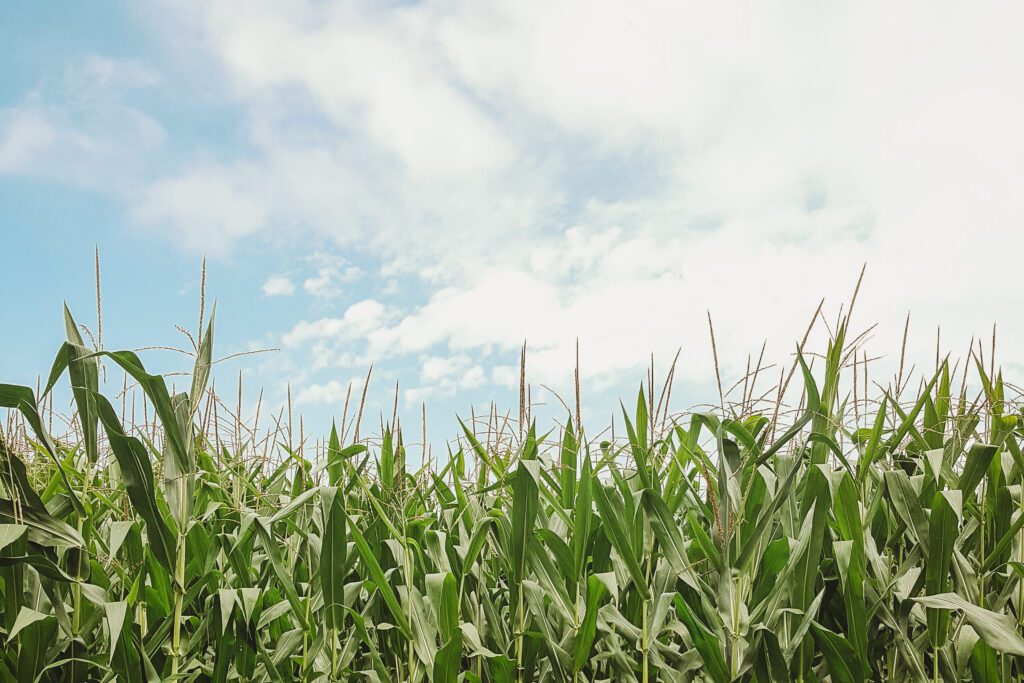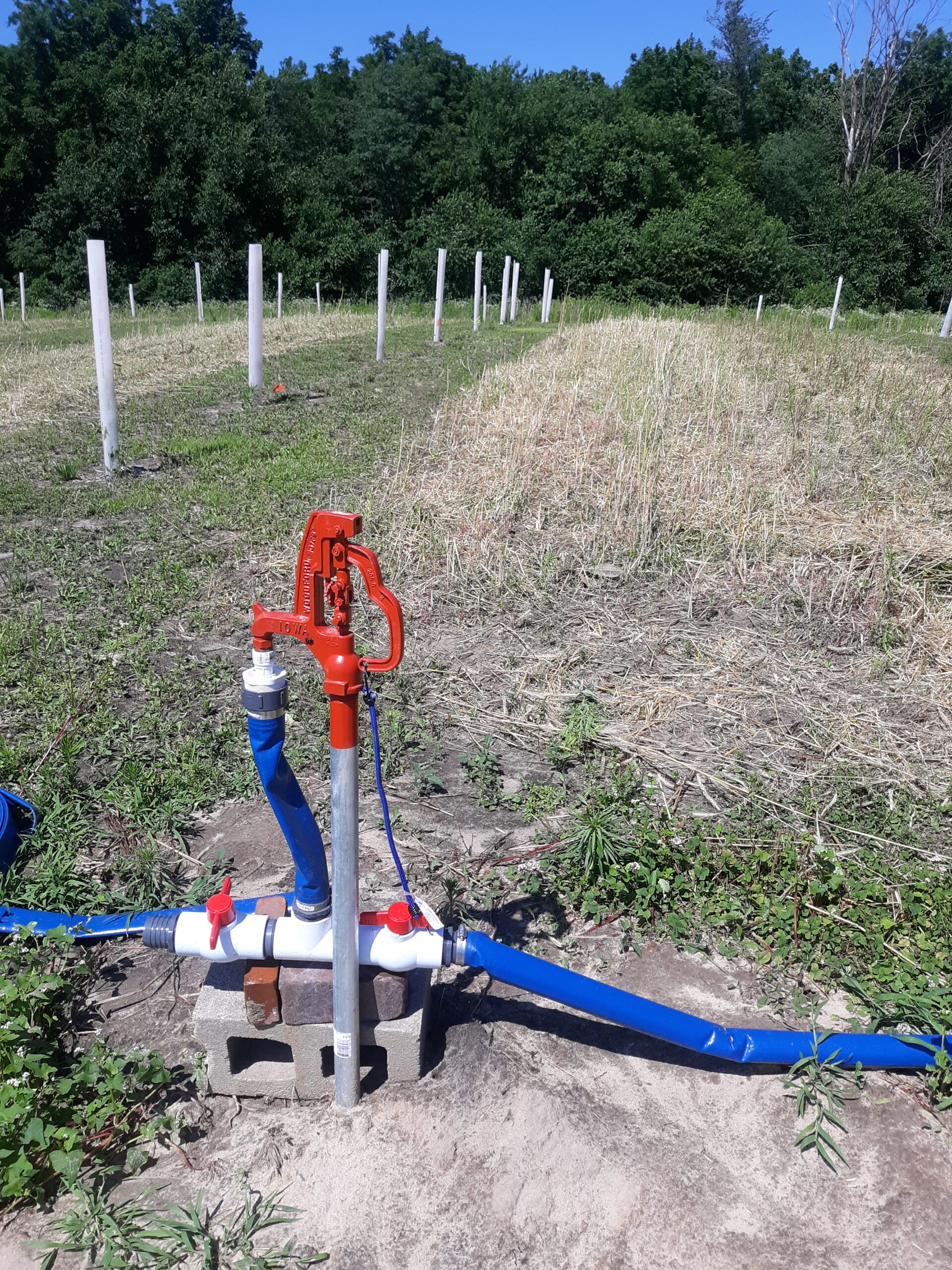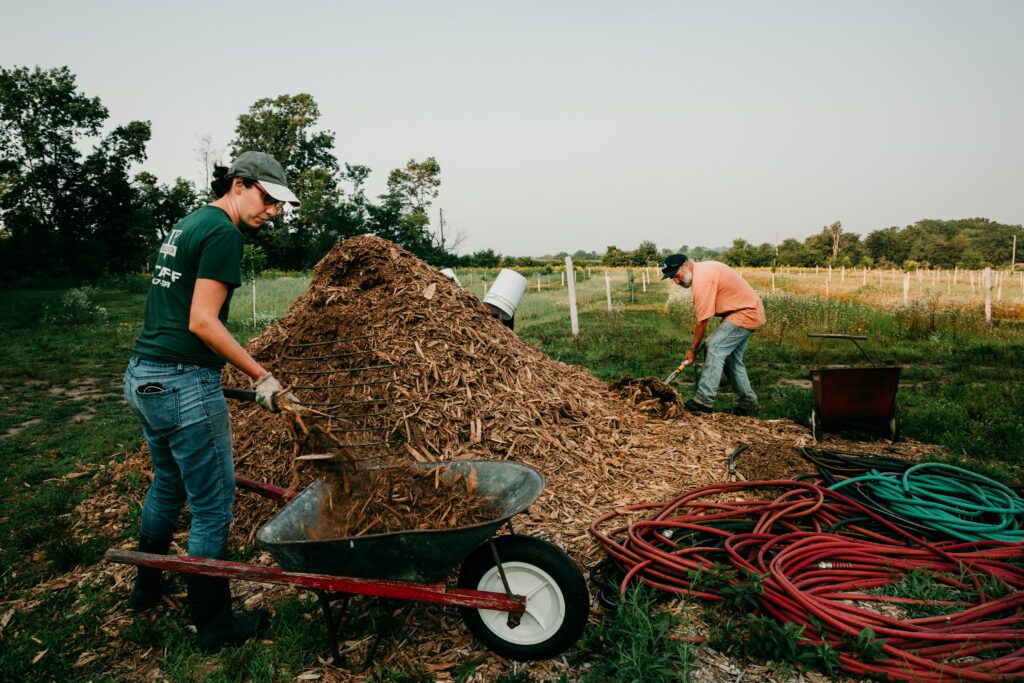What is permaculture?
The term “permaculture” was coined by a pair of Australian environmentalists in 1978 by condensing the phrase “permanent agriculture,” but the term speaks to concepts that are much older. Even ancient.
Merriam-Webster defines permaculture as “an agricultural system or method that seeks to integrate human activity with natural surroundings so as to create highly efficient self-sustaining ecosystems.” Put simply, permaculture is an agricultural system that can be sustained indefinitely.
Farming on land permanently. What exactly would that take? It takes looking beyond the profitability that can be harvested from each acre to an entirely new set of principles. Permaculture considers the natural ecosystems as an element of the farm’s design instead of an impediment.
Much the way pre-industrial farmers were able to live off the land for generations, permaculture allows bountiful food production without stripping the land of its resources. This approach, paired with a modern scientific understanding of the natural world, allows permaculture fields to create profitable yields while working in harmony with natural ecosystems. When designed well, permaculture farming can become an alternative to industrial agriculture practices.
The Status Quo
Permaculture fields create harmony by including the right balance of fruits, vegetables, trees and livestock. This is very different from the typical farms of today, many of which are monoculture farms.
Monoculture is defined as the cultivation or growth of a single crop or organism, especially in agriculture. Farming is a tough business. In order to compete, farmers have to be highly efficient and grow crops (mostly corn and soybeans) they can rely on to fetch a good price at market. This is the appeal of monoculture farms in our current system.
While the planting of a single crop across hundreds or thousands of acres is highly efficient, it places the farm at greater risk for disease, pests, erosion and nutrient loss. Disease and pests mean farmers need to spray chemicals. Erosion and nutrient loss mean pumping nitrogen into their fields. Unfortunately, the chemicals and nutrients are frequently taken away from the fields by wind or rain.
The chemical and nutrient runoff from monoculture farms are a side effect of the economic realities farmers face. Demonstrating to the world that permaculture farming is a realistic and economically viable alternative is vital to creating a more sustainable future. That’s where Etzel Sugar Grove Farm steps in.
What’s happening at the farm?
Etzel Sugar Grove Farm is a 190-acre farm north of Marion, IA that was gifted to Indian Creek Nature Center in 2016. This incredible gift allowed the Nature Center to establish a permaculture field, which was certified organic in 2021.
The Frontier Co-op Organic Permaculture Field consists of a 500-tree orchard, annual and perennial vegetable, fruit and herb plants, protected woodlands, prairie buffer strips, an irrigation well, a drip line system, a 15-hive apiary, and a flock of more than 100 pasture-raised chickens.
The farm currently supplies produce available for sale at Indian Creek Nature Center’s Creekside Shop, has a few arrangements with local businesses, supplies seasonal produce for Farm to Table dinners, and occasionally provides snacks for students at Creekside Forest School. The work of transitioning Etzel Sugar Grove Farm into an economically self-sustaining permaculture farm is ongoing. This is a core part of ICNC’s mission, and along with the support of other area organizations, we look forward to leading Iowa into a new era of agriculture – one that can sustain itself indefinitely.
The word Permaculture is rooted in the term “permanent agriculture” and is set apart from other agricultural systems by its ability to be self sustaining.

Permaculture farming requires planting a variety of crops and raising a variety of livestock that help each other thrive.

Monoculture farms that grow a single crop are efficient but cannot be sustained indefinitely without the use of chemicals.

Etzel Sugar Grove Farm aims to showcase how a permaculture field can be economically viable.

